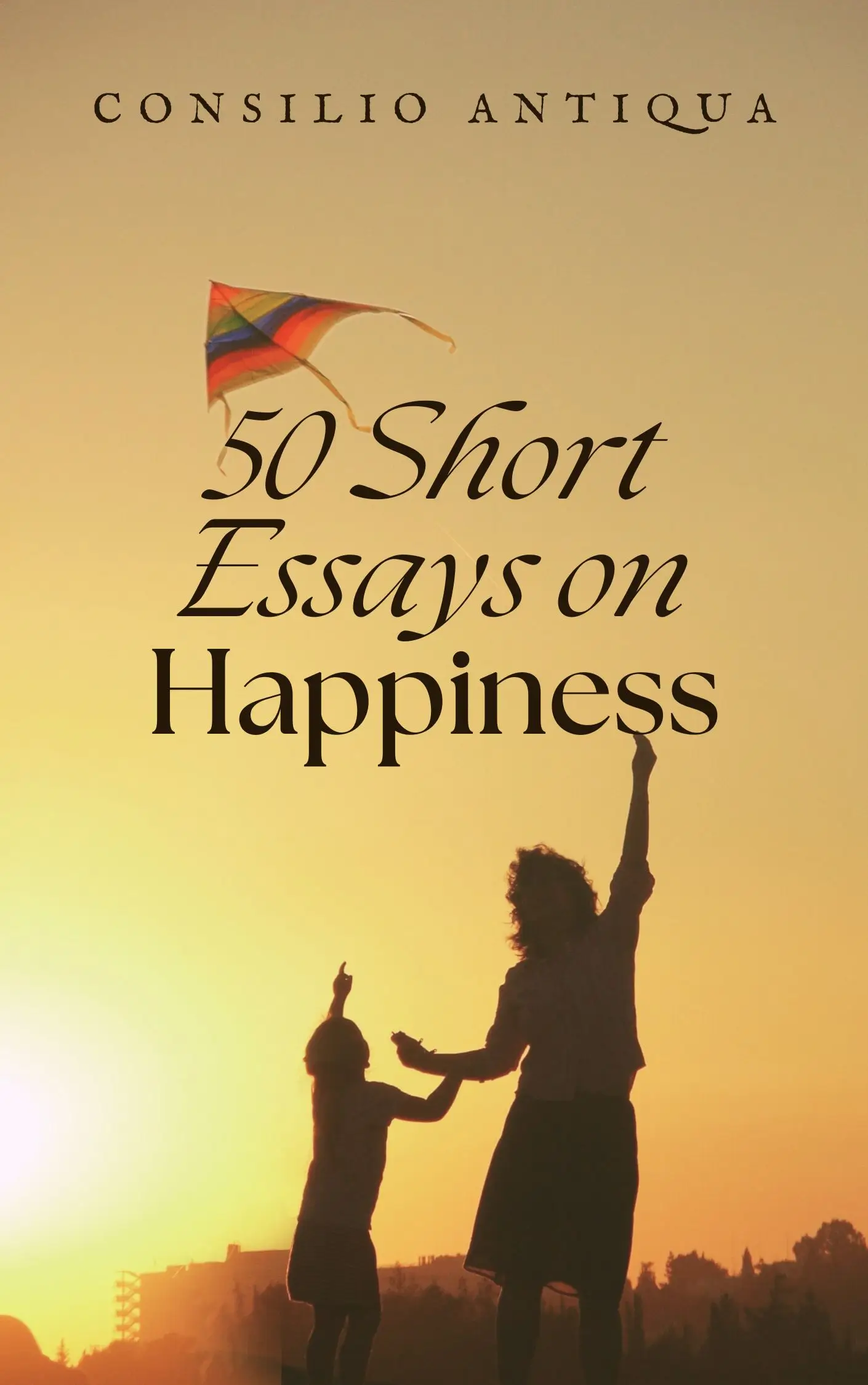
50 Short Essays on Happiness | Chapter 41. Minimalism and Happiness
Chapter 41. Minimalism and Happiness
The Path to Happiness Through Minimalism
In an era defined by relentless consumerism and a constant pursuit of the "next big thing," a growing number of individuals are finding solace and fulfillment in a simpler way of life: minimalism. Minimalism, at its core, is about intentionally living with less - less stuff, less commitments, and less distractions. This intentional simplicity can be a powerful pathway to greater happiness.
Minimalism's appeal lies in its ability to tame the chaos of modern life. Physical clutter, a pervasive feature of many homes, can significantly impact our mental clarity. Surrounded by excess, we often feel overwhelmed, burdened, and anxious. Minimalism, by decluttering and simplifying possessions, offers a sense of control and peace. Imagine waking up to a serene, uncluttered space - this can be a powerful starting point for a more focused and productive day. Decluttering can also improve our ability to concentrate, freeing up mental energy for creative endeavors, problem-solving, and pursuing passions.
Beyond physical clutter, minimalism encourages us to cultivate gratitude for what we have. By shedding unnecessary possessions and commitments, we can shift our focus to the things that truly matter: meaningful relationships, enriching experiences, and personal growth. Minimalism fosters a sense of contentment, reminding us that happiness isn't found in accumulating more but in appreciating what we already possess. Instead of yearning for the latest gadgets or designer clothes, we can find joy in a simple walk in nature, a heartfelt conversation with a loved one, or the satisfaction of a job well done.
Minimalism's transformative power extends to achieving a sense of freedom. By simplifying our possessions and commitments, we can liberate ourselves from the pressures of consumerism and societal expectations. Minimalism can free up time, energy, and resources for pursuing passions, exploring new opportunities, and living a life that aligns with our values. Imagine having the financial freedom to travel, the time to pursue a creative hobby, or the energy to volunteer in your community. Minimalism can unlock these possibilities, allowing us to live a life that is both meaningful and fulfilling.
What People Who Excel in Minimalism Do (and Don’t Do)
People who excel in minimalism often demonstrate these distinct habits and mindsets:
What They Do:
- Practice Intentional Consumption: They carefully consider each purchase, prioritizing quality over quantity and ensuring that every item serves a purpose.
- Embrace Experiences over Possessions: They value experiences and memories over material possessions, prioritizing travel, learning, and connecting with loved ones.
- Regularly Declutter: They regularly declutter their belongings, getting rid of items that no longer serve them or bring them joy.
- Focus on Function: They prioritize functionality over aesthetics, choosing items that are both practical and beautiful.
- Live Within Their Means: They live within their means, avoiding unnecessary debt and prioritizing financial freedom.
- Appreciate Simplicity: They appreciate the beauty and value of simplicity, finding contentment in the ordinary moments of life.
- Prioritize Quality Time: They prioritize spending quality time with loved ones over accumulating possessions.
- Seek Experiences Over Things: They prioritize experiences that enrich their lives, such as travel, learning, and volunteering.
What They Don’t Do:
- Impulse Buy: They avoid impulse purchases, taking time to reflect on their needs and desires before making any significant purchases.
- Keep Items Out of Sentimentality: They don't hold onto items solely for sentimental reasons, recognizing that memories are not tied to physical objects.
- Chase Status Symbols: They don't chase status symbols or feel pressured to keep up with the Joneses.
- Compare Themselves to Others: They don't compare their possessions or lifestyle to others, focusing on their own values and goals.
- Overcommit: They avoid overcommitting to obligations, prioritizing their well-being and time for themselves.
- Allow Advertising to Influence Them: They are conscious of the influence of advertising and marketing, making informed decisions about their purchases.
- Waste Resources: They are mindful of their impact on the environment and strive to reduce waste in their daily lives.
Exercise: Embracing Minimalism in Your Life
To begin your journey towards a more minimalistic lifestyle, try this simple exercise:
- Choose One Area to Declutter: Select one area of your home, such as your closet, a bookshelf, or a drawer, to begin decluttering.
- Identify Items to Let Go: Go through each item in the chosen area and ask yourself: "Does this item bring me joy? Is it useful? Do I need it?" If the answer is no to any of these questions, consider letting it go.
- Donate or Sell: Find a new home for the items you decide to declutter by donating them to charity or selling them online or at a consignment shop.
- Reflect and Observe: Take some time to reflect on how decluttering makes you feel. Notice any changes in your mindset, energy levels, or sense of peace.
Minimalism is not about deprivation but about intentional living. By embracing its principles, we can free ourselves from the burdens of excess and create space for greater happiness, contentment, and fulfillment. Minimalism is a journey, not a destination, and each step we take toward a simpler life can lead us closer to a more joyful and meaningful existence.
